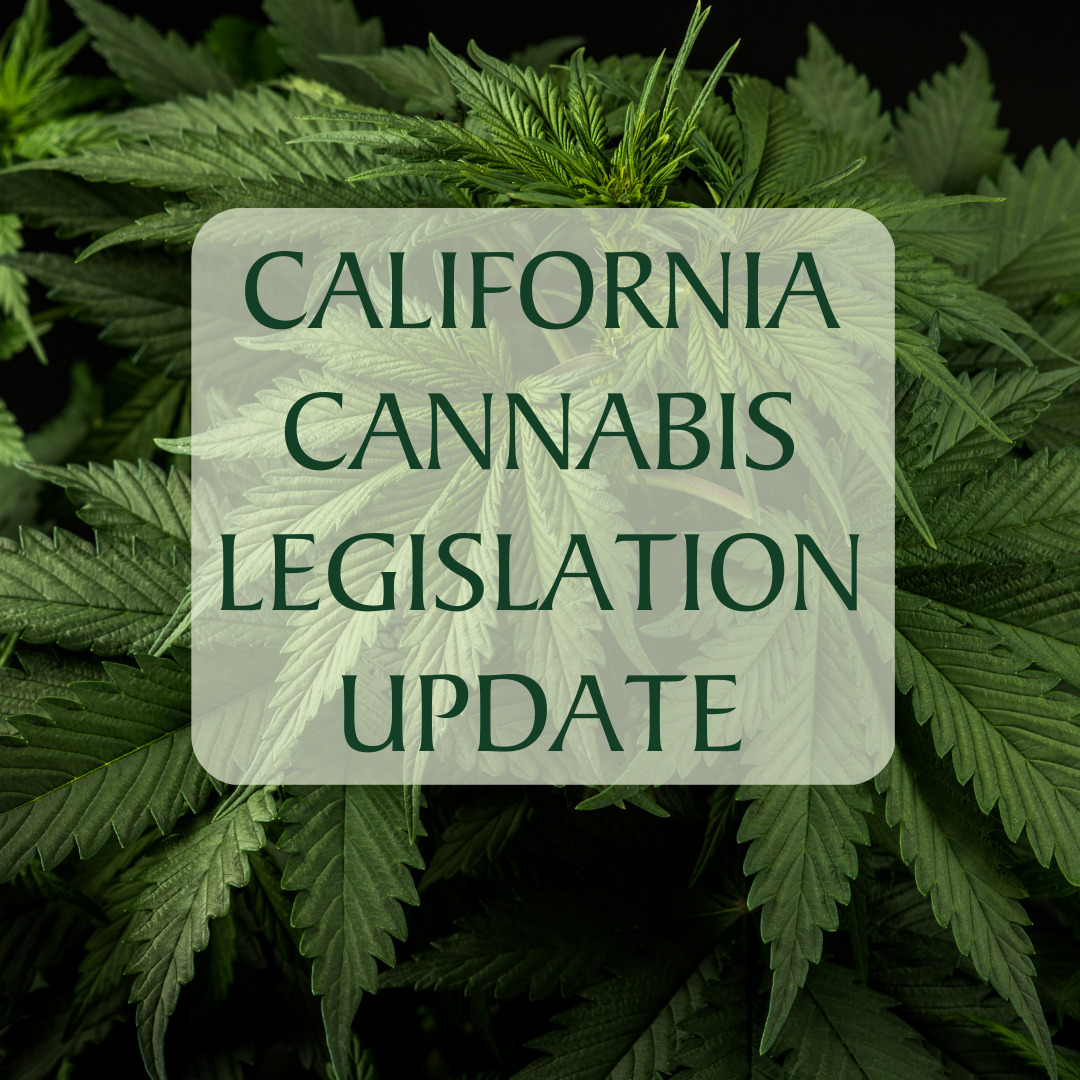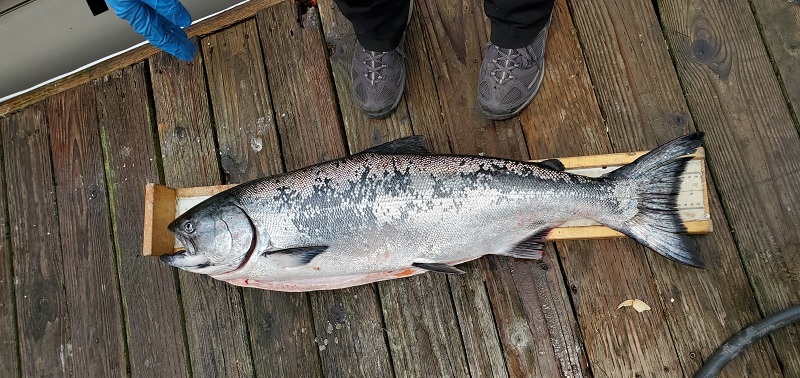Growing Green: California Cannabis Legislation Update
Through Growing Green for the Yuba, SYRCL’s vision is to inspire the community to engage in sustainable and ecologically sound cannabis cultivation in the Yuba River watershed. In honor of 4/20, SYRCL would like to take a moment to share some interesting cannabis developments happening at the state level in California.
On March 13, the Senate Business, Professions and Economic Development Committee held an Oversight Hearing to discuss “The State of Cannabis Regulation in California: Progress, Challenges and Next Steps.”
The timeliness of this discussion is critical as the California cannabis industry struggles to survive, and the State Legislature and Administration contemplate how to address current failures and enact potential solutions moving forward.
The Committee first heard from panelists to learn more about cannabis licensing and barriers to effective regulation. This discussion highlighted on specific industry challenges and economic trends that have led to broad sweeping cannabis business failures across the supply chain, ranging from taxation to licensing inefficiencies and unnecessary costs, to regulatory burdens and beyond. Panelists expressed strong sentiments that the situation is dire and failure to address challenges holistically to enable more cultivators and cannabis businesses to succeed in California will ultimately lead to the collapse of an already failing industry.
Next, the Committee heard from panelists on progress transitioning from provisional to annual licenses. Here panelists discussed the major challenges with the annual licensure process, as well as the impact of excessive taxation on the legal cannabis market and thus its ability to compete with the illicit market. The panel also discussed how hurdles such as lengthy and duplicative approvals processes coupled with excessive taxation puts many small cultivators and people of color at an extreme disadvantage in entering the industry.
The Committee and panelists further explored equity and inclusion considerations within the regulated marketplace. During this discussion, panelists described how already challenging market circumstances are far more challenging for equity applicants and that there is not necessary support in place to ensure success moving forward. The panel also touched on the injustice of price gouging and the consideration of a higher level of oversight when it comes to cannabis banking and commercial real estate transactions. The panel also highlighted the lack of incentives for individuals to pursue licensure and that policy makers should consider incentives at all levels of decision making.
Lastly, the Committee and panelists discussed cannabis tax-funded programs and expenditures. During this discussion, panelists highlighted how current funding is being used to support cannabis efforts statewide, including enforcement, environmental programs, youth education and community partnerships, watershed protection, restoration, and stewardship activities, among other uses. However, it was noted that the allocation of Proposition 64 funds needs to be examined and analyzed further to ensure funds are being put to best use.
In summary, the overarching theme of the conversation was very clear – that while the cannabis industry is on the brink of collapse in the state, California has significant opportunity ahead to put it back on track. As panelists outline, the state should consider changes to drastically simplify the annual licensing process, lower the cannabis tax burden, expand market access, and support equity applicants wishing to enter the market, among other key actions.
You can learn more about the current state of cannabis by viewing the Oversight Hearing background documents here and by watching/listening to a recording of the hearing here.
Did you enjoy this post?
Get new SYRCL articles delivered to your inbox by subscribing to our ENews.




What the issue really is to be honest is small artisan organic outdoor growers (no greenhouses) under a 1/2 acre vs all the rest which usually if far from organic.